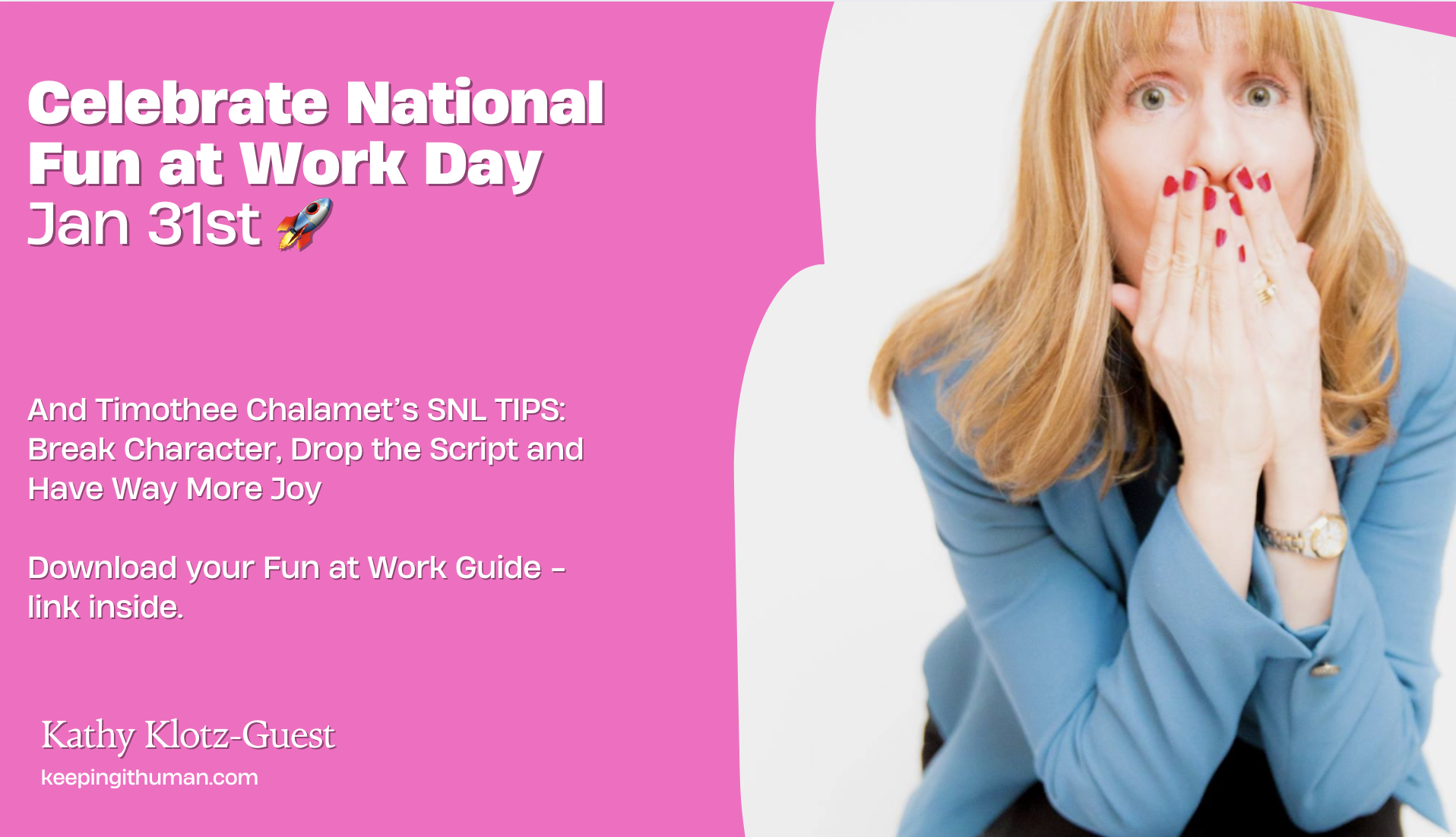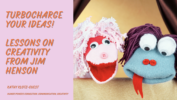My soon to be 3-year-old son loves a show on Nick, Jr. called “Yo Gabba Gabba.” This show teaches all kinds of great behavioral lessons with musical numbers, including a recent one that I have been singing a lot lately, “Please and Thank You – Magic, Magic, Magic.”
“Please” and “Thank You” are indeed magic words because, with them, we can oil the wheels of business and life. Mom, it turns out you were right (on that one!). Yet, how often do we really thank people who have helped us? If we want people to help us, we need to show appreciation. It’s basic human conditioning – the more you use positive reinforcement, the more you get a certain behavior. Yep, even 3 year olds know that.
So why as adults is it so hard to grasp this concept that even kids get? Would a musical score help?! Recently I helped a friend by making a high-level introduction to an executive. The high-level executive thanked me; my friend and colleague did not. Moreover, the executive went the extra mile by thanking me in an email copying multiple people. Here’s the point: if someone goes out of his or her way to help you, thank that person in a public forum. It does several key things. Not only does it cast a spotlight on their generosity, it also tells the world about the kind of person YOU are. Are you grateful for help? Do you thank people for their help, or do you exhibit a sense of entitlement? What do you want to be known for?
Why wouldn’t we reinforce that behavior and expand the circle of prosperity by doing so? Thanking people is as much about encouraging their behavior as it is telling the world about who you are. Unfortunately, far too few of us ever thank people for the small things – and far too few of us do it in public. And, public generosity calls for public appreciation.
In the movie Avatar, the blockbuster directed by James Cameron, characters on the planet Pandora greeted one another by saying, “I see you.” These three strong and validating words tell someone you acknowledge him or her. Next time, think about how your thank you (and even better, a public thank you) creates an impression that says, “I see you.”
And, hey, if you still want musical inspiration for behavioral change, there is always, “Yo Gabba Gabba.”


